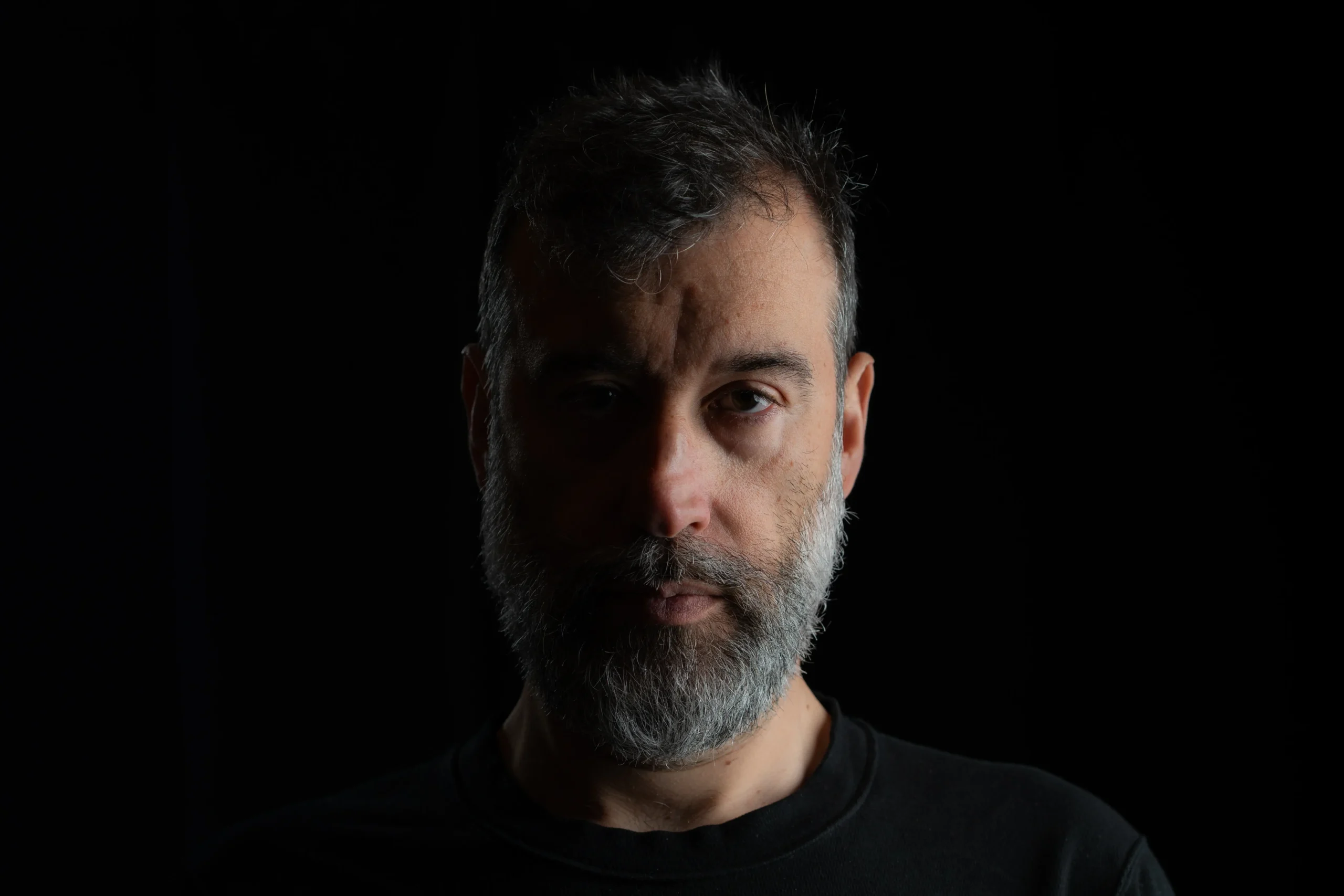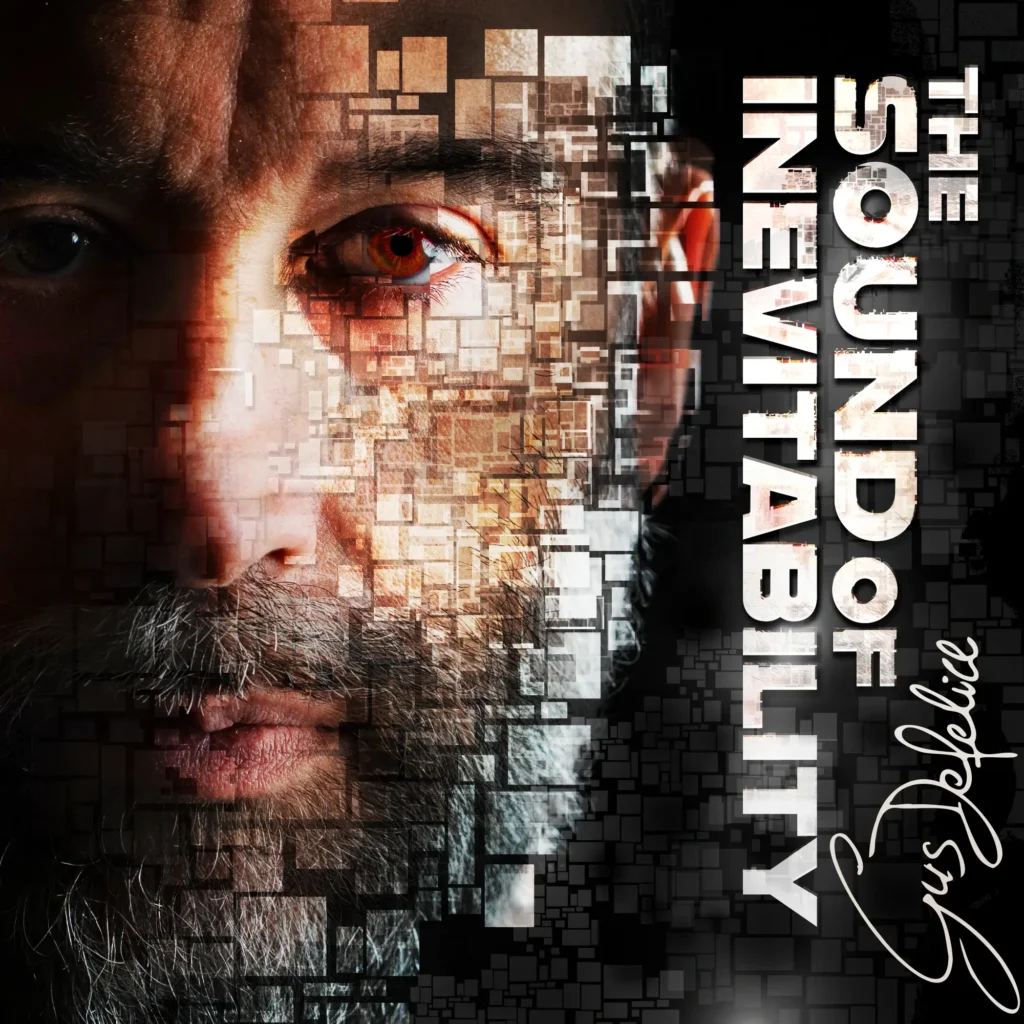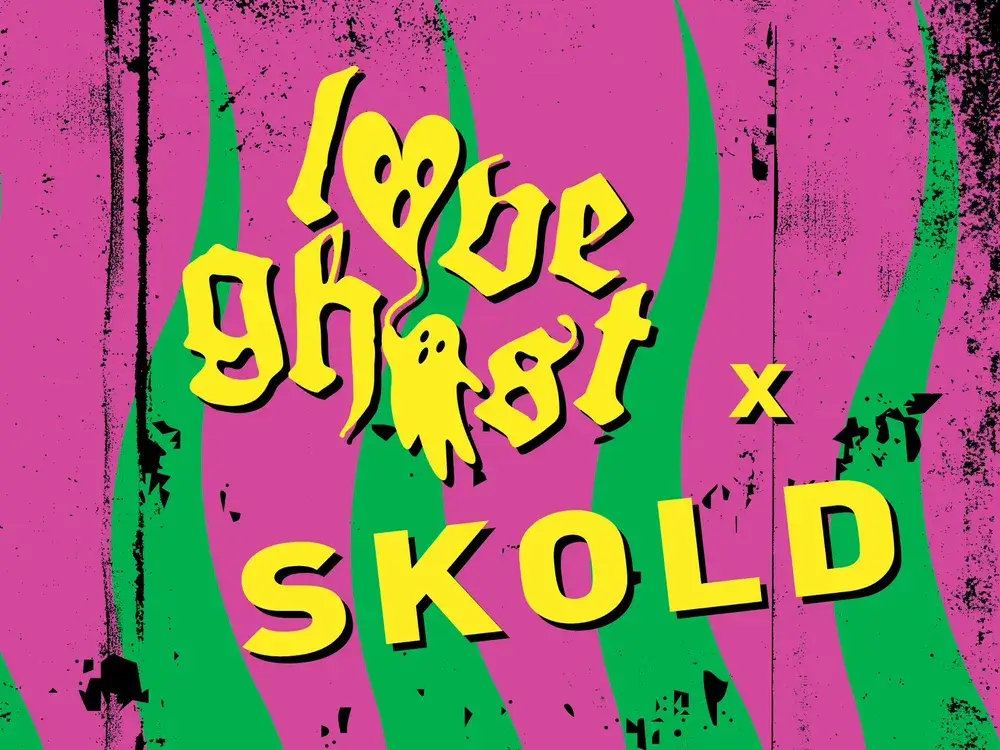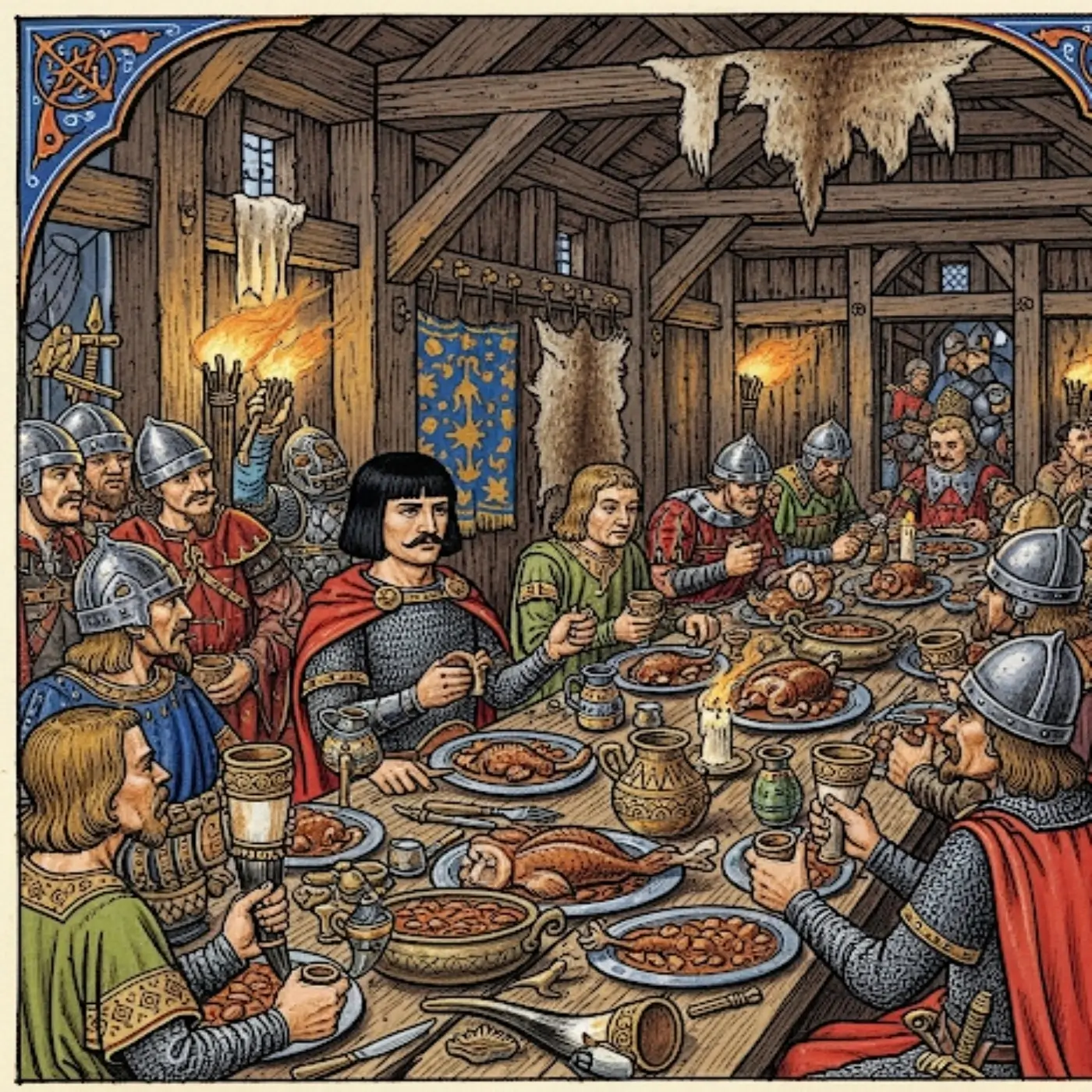There’s a particular kind of bravery in writing an instrumental concept album about inevitability. It’s one thing to scream about the void. It’s another thing entirely to sit down, look it in the eye, and try to transcribe it into 7 tracks of progressive metal and ambient textures without saying a single word. And yet, that’s exactly what Gus Defelice has done with The Sound of Inevitability, an album that somehow manages to be crushingly existential and quietly life-affirming at the same time.
Now, I know what you’re thinking: “Oh great, another prog metal record. Let me guess… odd time signatures, ambient interludes, maybe a surprise sax solo?” And sure, some of the genre trademarks are present. But if you’re looking for a display of technical pyrotechnics for its own sake, you’ve come to the wrong place. This album isn’t a YouTube tutorial on polymeter. It’s more like an audio diary written by someone who just realized that they, too, are a temporary configuration of atoms on a rock hurtling through space, and decided to make peace with it.

The album takes as its subjects the Big Seven: Time, Death, Change, Entropy, Aging, Evolution, and Conflict; then takes them as the structural and emotional scaffolding of the entire project. Each piece feels like it’s wrestling with the essence of its theme, not in a clumsy “here’s the sad one, here’s the angry one” way, but with a kind of sonic honesty that’s rare in metal or frankly any genre. “It’s Coming!” for instance, is a highlight not because it’s especially complex, but because it’s decaying, spazzing out with its riffs and fraying at the edges, like the track itself is unraveling as you listen. You don’t need lyrics to tell you what’s happening. You feel it. You feel yourself in it.
There’s a sense that this isn’t just music; it’s a process. It’s meditation. It’s what happens when someone uses progressive metal not as a blunt-force hammer, but as a chisel to sculpt something impossibly delicate from the granite of trauma and transformation. Each progression counts as the connective tissue, the quiet moments between emotional avalanches, where the record breathes and remembers it doesn’t have to resolve everything in one breakdown.
And then there’s “Desert Dunes,” the emotional nucleus of the record. If the rest of the album is a descent into the metaphysical muck of life, this is the climb back out. Slowly. Painfully. But it’s happening. It’s one of the only moments where the music dares to be hopeful, and not in a triumphant, movie-trailer kind of way; more like someone planting a flower in scorched soil because it’s all they know how to do. It builds with humility, not bravado, and that makes it more powerful than any riff-based victory lap.
What’s honestly refreshing here is that The Sound of Inevitability never once feels like it’s condescending to its audience. It assumes you’ve thought about death before. It assumes you’ve watched something fall apart. It assumes you’ve laid in bed at 3AM feeling like the future is a foreign country you’re being deported to without warning. And rather than offering easy answers, it just sits with you in that space. And sometimes, that’s exactly what art is for.
Because let’s be real: the market is saturated with music that pretends to be deep. Everyone wants to be cinematic, epic, world-ending. Gus Defelice actually understands what makes the world-ending feel like something, and The Sound of Inevitability soundtracks that well. There’s something radical about that.
So no, this isn’t an album you throw on while washing the dishes. It demands your time. It demands your presence. It asks you to listen not just with your ears, but with whatever emotional muscle you use to process things you haven’t quite found the words for yet.
And for those of us who have ever been broken down, confused, hurt, or simply aware of our own slow decay into nonexistence; this album might not fix anything. But it will feel like someone else understands. And that, as it turns out, is the point. It doesn’t yell. It doesn’t beg. It just looks at you, quietly hands you a mirror, and says: “Same.”
Follow Gus Defelice
About the Author

A tenured media critic known working as a ghost writer, freelance critic for various publications around the world, the former lead writer of review blogspace Atop The Treehouse and content creator for Manila Bulletin.









